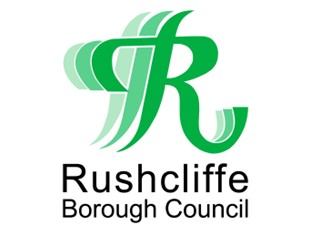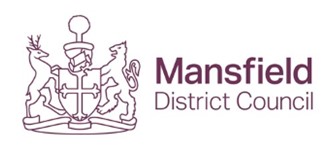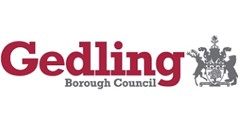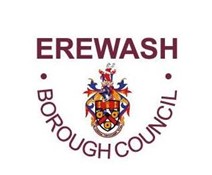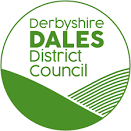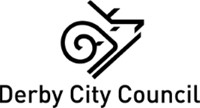Over the past five years, the DE-Carbonise project has given £1.5m in grants to help businesses reduce their energy and resource use and carbon emissions. The measures funded by the grants to date save a minimum of 1,750 tonnes of carbon emissions and £600,000 per year in business costs.
The project provides free advice and grants of between £1,000 and £20,000 to enable small and medium sized businesses to implement carbon saving measures within their premises and business activities. This includes improvements to heating, lighting, insulation, equipment, materials, waste and water management, solar panels, electric vehicles and charge points.
There is still £300,000 of grant money left to award to eligible Derby businesses by the middle of next year. Grants are given on a first-come, first-served basis so any businesses interested in DE-Carbonise support should get in touch as soon as possible via the project webpages. The grant covers up to 40% of the total cost of works (excluding VAT), depending on the carbon saving calculated by the project team.
The team has also carried out 650 carbon reduction audits so far and is currently working with another 140 businesses in the region, providing free, no-obligation advice on how best to reduce their carbon emissions.
Councillor Steve Hassall, Cabinet Member for Regeneration, Decarbonisation and Strategic Planning and Transport, said: “The DE-Carbonise project is doing great work helping local businesses make significant improvements to their carbon footprint.
“It is incumbent on us all to do everything we can to help drive down carbon emissions and any changes and improvements we can make, no matter how small are a step in the right direction.
“There is support on offer from business reviews and technical support and with COP26 happening in Glasgow, I’d urge all the SMEs in the city to think about getting in touch and seeing what they can do.”
Philip Mason, Production Director at Tidyco, a Derby business who accessed support and a grant from the De-Carbonise team, added: “The assistance we received has made the grant process seamless and ensured that our unit has the latest low carbon lighting and efficient heating, which saves money and the environment.”
Tidyco recently installed LED lighting, destratification fans and efficient heater thanks to a grant from Decarbonise and the company is now preparing to install a solar photovoltaic system on the roof of this unit to generate zero carbon electricity for use on site. They had a grant of £11,082; the energy efficient technologies they have installed will save over 7.5 tonnes of carbon emissions and almost £3,000 per year.
About the project
The De-Carbonise project is part-funded by the European Regional Development Fund via D2N2 and hosted at the University of Derby in partnership with Derby City Council and Derbyshire County Council.
DE-Carbonise follows on from the successful D2 Energy Efficiency/Low Carbon project and offers a comprehensive programme of assistance for small and medium enterprises seeking to reduce their carbon emissions in operations, production, and supply chain.
Participating SMEs can access a suite of carbon reduction support including a carbon reduction audit and report; grant funding to implement carbon reduction recommendations; technical support, consultancy and process improvements from academic teams within the University within a specific area of expertise and cohort-based learning and development for smart manufacturing and sustainable supply chain innovation.
Businesses will also be introduced to a lead contact to discuss their needs and support them throughout the intervention which can include an initial scoping phone call, business visit for a carbon reduction audit, carbon reduction opportunity report and a package of support.
Derby City and Derbyshire County Councils will provide carbon reduction audits, technical support and grants for site carbon reduction measures including improved insulation, lighting, heating and controls; efficient motors, compressors, equipment; electric vehicles, electric vehicle charge points; renewable energy generating technologies; resource efficiency and waste reduction and recycling.












